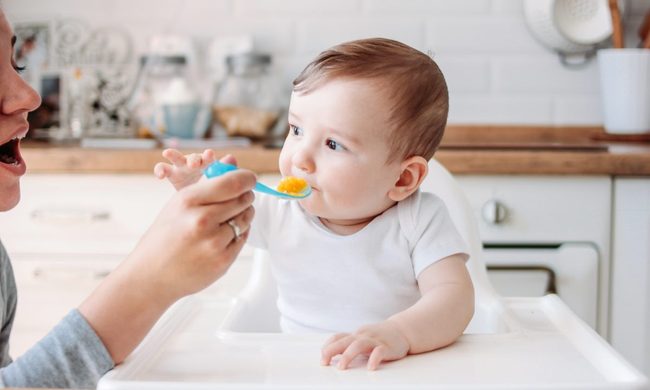When today’s parents of teenagers were teens, social media wasn’t a factor (or at least a big one) in how things played out. We didn’t communicate by carrier pigeons, but Snapchat, Facebook, TikTok, Twitter, Instagram, and other social media platforms weren’t first invented until 2004 didn’t become an integral part of daily life until the 2010s. Now, having a smartphone with a half dozen social media apps installed feels like a requirement of high school social life, but it can come with a price even if the apps are free.
Social media has been linked to causing anxiety in teens. We’ll go over how it does this — and what to do about it.

How does social media give you anxiety?
Social media can have a particular effect on teens who are still developing their sense of self compared to adults. While adults can also develop anxiety from comparing themselves to others they see online, for teens, these effects are magnified. Here are six ways social media can give teens anxiety.
- Placing too much emphasis on interactions you receive on social media, such as feeling disappointment when you post something and it doesn’t receive likes.
- Seeing filters on others’ photos and thinking those bodies and faces are real, leading to body dysmorphia or eating disorders.
- The pressure to post to look like you’re having fun, have a certain body, have a lot of friends, etc.
- Seeing posts of others hanging out together and feeling like you’re missing out.
- A dopamine rush when you’re on social media that goes away whenever you can’t be on it, like an addiction.
- The risk of being exploited, bullied, or harassed by unwanted messages from classmates, peers, adults, or strangers.
Why is social media is toxic?
The use of social media has been linked with anxiety, depression, addiction, and stress. It can also cause feelings of inadequacy, jealousy, loneliness, self-absorption, and low self-esteem.
When teens see unrealistic images of touched-up bodies on social media, they can develop unhealthy ideas about what their bodies should look like. Consuming these images every day can lead to believing these are realistic bodies and the more time on social media, the greater the idea that these are really what most people look like. This can lead to poor self-image, body dysmorphia, and eating disorders.
Unrealistic lifestyles can also be portrayed online. Teens may see social lives, alcohol use, or other habits they may feel pressured into, simply because their peers are posting about it on social media. They could feel left out because they see friends hanging out without them when they would have otherwise been happy with their night at home. The pressure to make similar posts showing a fancy wardrobe and perfect social life can increase teens’ anxiety.
Social media can also be addictive. You want to constantly see updates, get likes, watch more content, get new messages, and when you don’t you can have symptoms of withdrawal. This can increase their screen time by hours per day and impact their developing brains.
Having a social media profile also opens a teenager up to receiving comments or direct messages from others, sometimes people they know or sometimes strangers. The messages might be cruel comments from kids at school or they could be predatory messages from strangers lurking online trying to lure them into meeting in person or sending them nude pictures.

What can I do about social media causing my teen anxiety?
Talk with your teen openly and frequently about the differences between what they see on social media and real life. Explain how filters change what bodies look like in photos and also videos on social media and how people project happy lives on social media even when everything isn’t perfect offline. Balance their social media consumption with offline activities like team sports, reading books, family time, and other things you feel will help their self-esteem, body image, and social life.
Limit their time on social media and their screen time or phone time, in general, to help them unplug from all of the brain chemical imbalances too much of that can cause. Also, use a monitoring app to keep them safe so you’ll be alerted if they get a concerning message from a stranger. Talk to them about what is safe to post, safe to reply to, and when to talk to you about who they’re communicating with.
Communicate openly and often about all of the ways social media may cause anxiety. Be present and available to talk about any concerns they have and keep an eye out for signs of phone addiction or eating disorders so you can get them help if needed.




